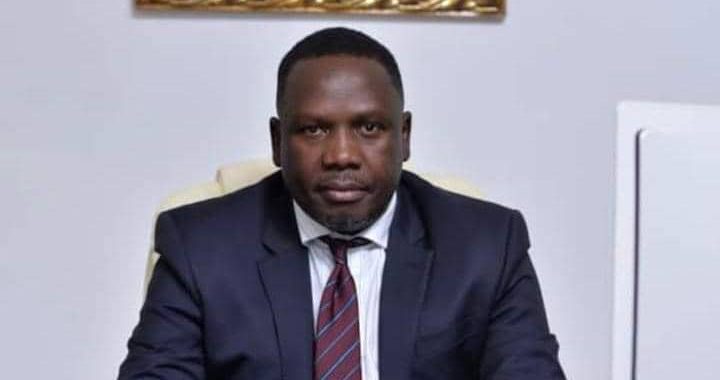Daniel Bwala, a policy advisor to the Nigerian president, has launched a sustained critique of Peter Obi, the Labour Party’s 2023 presidential candidate. Bwala’s central argument revolves around the perceived disconnect between Obi’s personal wealth, his purported philanthropic activities, and his political alignment with the Labour Party. He contends that Obi, despite being a billionaire, lacks a substantial record of public service through foundations, schools, or other initiatives aimed at benefiting the masses. Bwala challenges the narrative of Obi’s generosity, claiming that his donations have been overstated and that there’s no evidence of him contributing significant sums to public causes. This assertion directly contradicts reports of Obi’s various donations to health and educational institutions, including a ₦70 million contribution in Anambra State and a ₦20 million donation to a nursing college in Enugu State in 2024. This discrepancy highlights a key point of contention in the ongoing debate surrounding Obi’s philanthropy.
Bwala further criticizes the nature of Obi’s reported philanthropic efforts, specifically referencing boreholes allegedly funded by Obi in northern Nigeria after the elections. He dismisses these boreholes as primitive and inadequate, suggesting they reflect a limited understanding of development. This critique extends beyond mere financial contributions to question the quality and impact of Obi’s purported charitable work. Bwala’s comments paint a picture of Obi as disconnected from the real needs of the people he claims to support, further fueling his argument against Obi’s credibility as a public servant. This line of attack aims to undermine the perception of Obi as a compassionate and effective philanthropist.
Central to Bwala’s critique is the assertion that Obi’s association with the Labour Party is inherently contradictory. He argues that Obi, a businessman with a capitalist orientation, is fundamentally misaligned with the socialist principles of the Labour Party. Bwala highlights Obi’s perceived absence from workers’ strikes, student protests, and other forms of grassroots activism, including the EndSARS movement, to underscore this incongruity. He posits that Obi’s political platform is opportunistic rather than genuine, capitalizing on existing public sentiment without a true commitment to the party’s ideology. This portrayal seeks to cast doubt on Obi’s sincerity and commitment to the Labour Party’s core values.
Bwala further characterizes Obi’s 2023 presidential campaign as populist, drawing parallels to the campaign style of former US President Donald Trump. He suggests that Obi strategically leveraged youth discontent and anger to mobilize support, claiming that the “Obidient” movement was fueled by this sentiment rather than genuine belief in Obi’s policies. Bwala asserts that this strategy allowed Obi to avoid significant campaign spending, as enthusiastic supporters essentially funded their own mobilization. This interpretation frames the “Obidient” movement as a product of manipulation rather than organic support for Obi’s vision.
Expanding on his critique of Obi’s campaign tactics, Bwala accuses him of exploiting religious platforms for political gain, specifically referencing Obi’s engagement with various churches and Pentecostal leaders during the election period. He alleges that Obi’s presence at religious events diminished significantly after the election, suggesting a lack of genuine religious commitment and a purely strategic use of religious platforms for political mobilization. This accusation attempts to portray Obi as insincere in his religious affiliations, further eroding his credibility among both religious and secular audiences.
In summary, Bwala’s critique paints a picture of Peter Obi as a wealthy businessman with a questionable philanthropic record, whose political alignment with the Labour Party is opportunistic and whose campaign tactics were manipulative. He challenges the narrative of Obi as a genuine champion of the working class and questions the sincerity of his engagement with both religious institutions and the youth demographic. This comprehensive critique seeks to dismantle Obi’s carefully cultivated public image and cast doubt on his suitability for public office. Despite Bwala’s assertions, documented evidence of Obi’s philanthropic activities exists, creating a conflicting narrative and highlighting the polarized nature of political discourse in Nigeria. This ongoing debate emphasizes the importance of critical evaluation and fact-checking in assessing political figures and their purported contributions to society.


